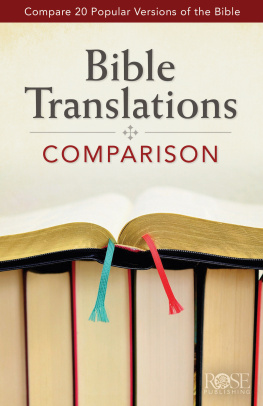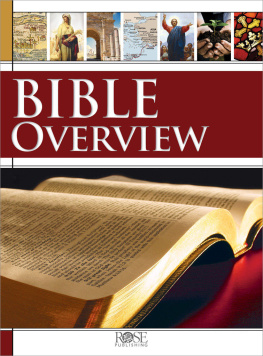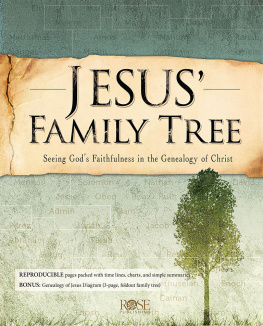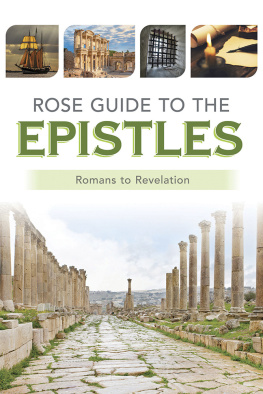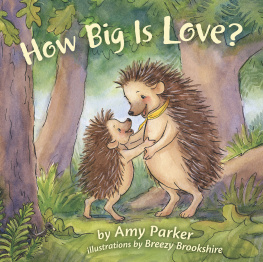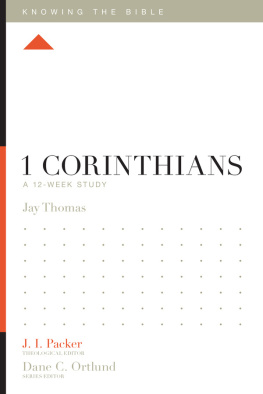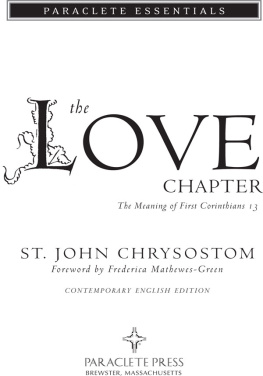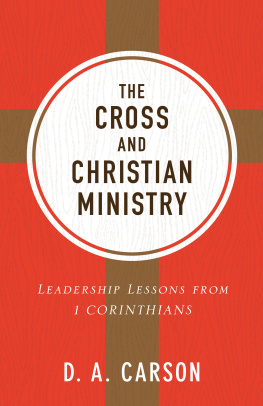The printed version of this eBook is the Dare to Love: 1 Corinthians 13 pamphlet, ISBN-13: 9781596363175
Contributing Authors: William Brent Ashby, BT; Benjamin Galan, MTS, ThM, Adjunct Professor of OT Hebrew and Literature at Fuller Seminary
All Scripture quotations, unless otherwise indicated, are taken from the Holy Bible, New International Version. NIV. Copyright 1973, 1978, 1984 by International Bible Society. Used by permission of Zondervan. All rights reserved.
It is illegal to photocopy, transmit electronically, post on the internet, or reproduce this pamphlet in whole or in part in any form.
2009 Bristol Works, Inc.
Rose Publishing, LLC
PO Box 3473
Peabody, Massachusetts 01961-3473 U.S.A.
Email: info@hendricksonrose.com
www.hendricksonrose.com
All rights reserved.
Love Requires Courage
Love is patient, love is kind. It does not envy, it does not boast, it is not proud. It is not rude, it is not self-seeking, it is not easily angered, it keeps no record of wrongs. Love does not delight in evil but rejoices with the truth. It always protects, always trusts, always hopes, always perseveres. Love never fails. 1 Corinthians 13:48a
First Corinthians 13 is one of the most beautiful, inspiring, and relevant passages in the New Testament. Its relevance lies in the very importance of relationships in our lives. God created us to be relational beings. Relationships are not optional. They are central to what it means to be human. We inevitably relate to God, nature, and each other. Love is what makes relationships possible. Love binds people in relationships.
However, we are broken people. Sin has affected our relationships. They are not what they should be: there is distrust, pain, anger, misunderstanding, fear, isolation, and abuse. We are afraid of being hurtso much so, that we hardly let anyone, including God, see us with our guard down. Fear has kept us from true intimacy and from deep, satisfying relationships.

Maria Bobrova
How, then, can we feel safe to open our hearts and let others see who we are? The Apostle Paul shows us the most excellent way to feel safe to open our hearts to others, and to be safe for others to open their hearts to us. The love that Paul describes fosters intimacy, openness, security, comfort, growth, and support. It is a love that is applicable to all areas of our lives: from spouses and children, to people inside and outside the church, to people we meet unexpectedly, accidentally, or temporarily in our daily activities. We are safe because God has shown this love to us through Christ, and the Spirit pours it in our hearts daily. He fills us with all the love we need. It is a love that drives out fear (1 John 4:18).
The Characteristics of Love
Love Is |
v. 4 Patient, steadfast, enduring |
Definition |
Willing to endure emotional discomfort and suffering. It is the opposite of demanding what we want right now and being easily angered. |
Scripture |
Eccl. 7:8; Gal. 5:22; James 5:79 |
Love Is |
v. 4 Kind, good, pleasant |
Definition |
Seeking the best for the other person. Love is willing to go the extra mile. It is the opposite of being rude. |
Scripture |
Gal. 5:22; Eph. 4:32; Col. 3:12 |
Love Is |
v. 6 Rejoicing with truth |
Definition |
Happy to know what is true. It is the opposite of delighting in evil. Knowing and admitting the truth creates a reliable environment for the other person. |
Scripture |
2 John 4; 3 John 34 |
Love Is |
v. 7 Always protective, preserving |
Definition |
Love reassures others that their heart is safe with us. It is the opposite of keeping a record of wrongs. |
Scripture |
1 Cor. 9:12; Gal. 6:12 |
Love Is |
v. 7 Always trusting, believing, faithful |
Definition |
Trust and faithfulness are necessary for an open, intimate relationship. When people open up their hearts, they need to be safe and cared for, even when they disappoint you. It is the opposite of self-seeking. |
Scripture |
1 Cor. 13:13 |
Love Is |
v. 7 Always hopeful, expectant, confident |
Definition |
Hopeful that, despite sin and mistakes, God blesses our faithfulness. Hopeful that, even if other people may abuse our trust, God will always be reliable. It is the opposite of a cynical, angry outlook. |
Scripture |
Ps. 31:24; Joel 3:16; Rom. 15:13; 1 Cor. 13:13 |
Love Is |
v. 7 Always persevering, enduring, abiding |
Definition |
Despite wrongs and mistakes, love survives. Love makes people available to others, ready to listen, lend a hand, or be a comforting shoulder. It is the opposite of failing or falling. |
Scripture |
Rom. 12:12; 1 Peter 2:20 |
Love Is Not |
v. 4 Envious, jealous, covetous |
Definition |
Wanting to be what others are or to have what others have. It is possessiveness to the point of obsession, the opposite of contentedness . |
Scripture |
Job 5:2; Ps. 37:1; Prov. 27:4; 1 Tim. 6:4; Titus 3:3 |
Love Is Not |
v. 4 Boastful, bragging, conceited |
Definition |
Constantly talking about oneself in a conceited way. It is the opposite of quiet humility . |
Scripture |
Ps. 10:3; Prov. 25:14; James 3:5, 4:16 |
Love Is Not |
v. 4 Proud, arrogant, egotistical |
Definition |
Having an inflated sense of the self, having a big head. Living as if only your opinion, tastes, and choices matter. It is the opposite of being humble . |
Scripture |
Prov. 16:5; Jer. 50:3132; James 4:6; 1 Peter 5:5 |
Love Is Not |
v. 5 Rude, immodest, disgraceful |
Definition |
A lack of consideration for others feelings or needs; insolent, offensive and provocative behavior. The attitude of being more important than others. It is the opposite of kindness . |
Scripture |
Rom. 1:27; 1 Cor. 7:36; Rev. 16:15 |
Love Is Not |
v. 5 Self-seeking, self-centered, selfish |
Definition |



